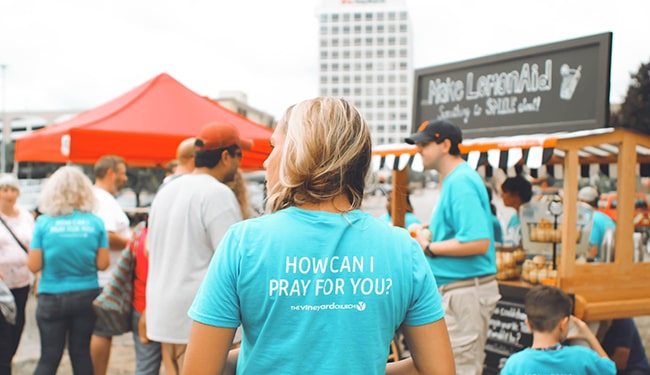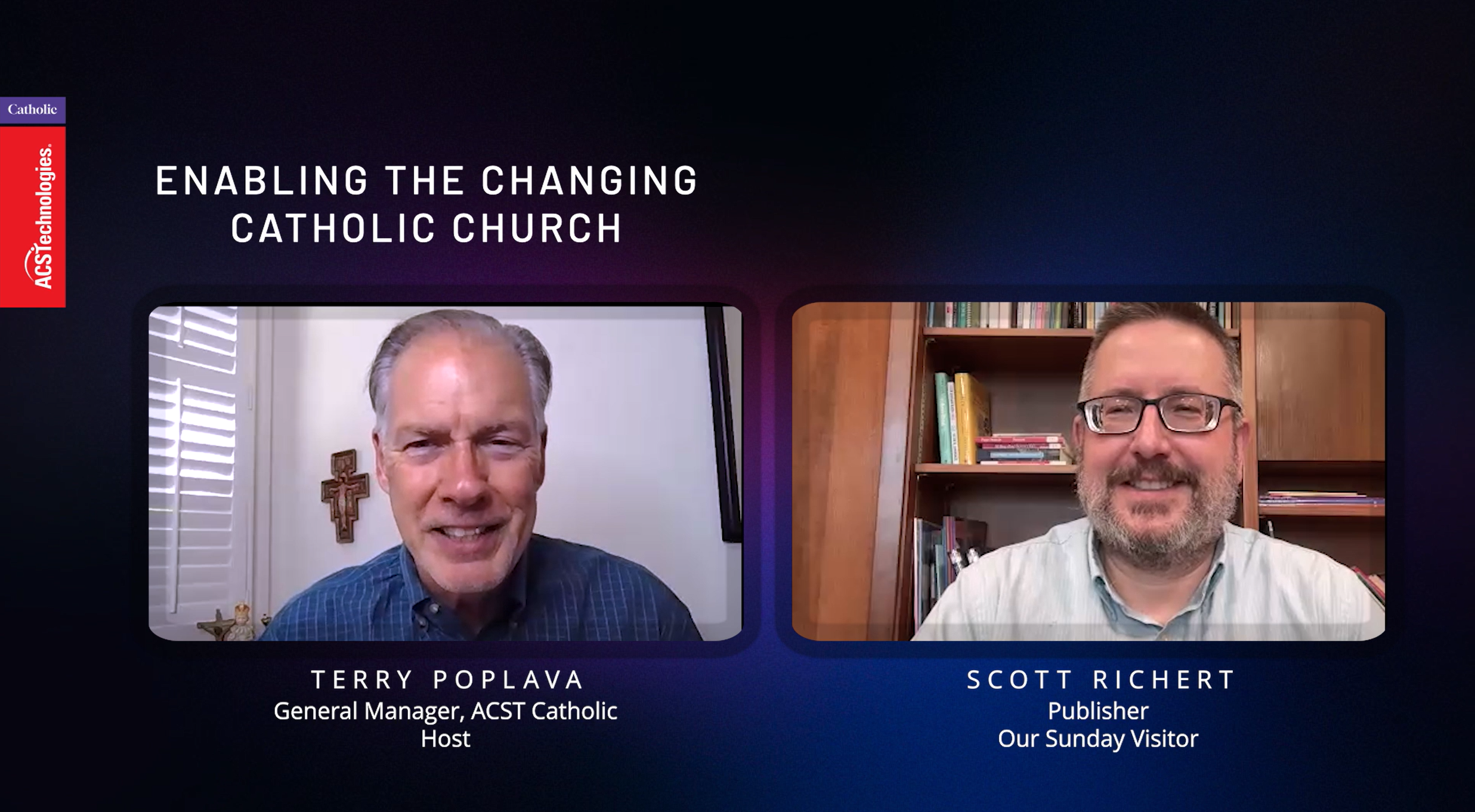Events are hard work. This pandemic has made it even more difficult. You need to have the right people by your side when planning an event. We’ve broken it down into three categories of people you need. Some people can fulfill multiple roles but make sure you make a note of each role separately so nothing gets lost.
1) The Production Team
These are the heavy lifters and planners. For this team, you need a mix of people who are detail-oriented and “get-it-done” types. You’ll need to assign people to:
- Set up and tear down – with enough people to put things away properly
- Inventory and item management – ensuring you have everything you need
- Overview planning people – to be positive you have everything covered
- Food and beverage – if applicable
- Audio, visual, lights – if desired (music creates a nice ambiance)
- Safety – distancing markers, ensuring setup is optimal, sanitizing stations by high-touch areas, etc.
You might find more needs based on your specific event. Regardless of how you approach it, and even if one person is filling multiple roles, call out the responsibilities so nothing slips through the cracks.
2) The Communication Team
Someone has to get the word out. Gather people who are active on social media, who are connected to the most people in the church, and who aren’t afraid to let their enthusiasm show.
The more people you can get to spread the word, the better off you’ll be. Have a few key people run point on everything that gets sent out to ensure message fidelity. Prepare some canned messages and invite language so people can easily share and promote. Encourage your whole church to get involved with inviting their friends and family.
3) The Connection Team
These are the people at the event who are charged with two main functions:
1) Making relational connections
2) Gathering as much contact information as possible
The two responsibilities can sometimes be combined, but are usually distinct. It’s a rare person who can be highly relational and also be aware enough in the moment of conversation to gather information. You’re better off assigning some people to intentional mingling, maybe even setting goals and rewards for meeting the most people based on how many people they connect with.
The other team might be standing by a raffle stand or sign-up sheet, making no apologies for the fact that they are trying to gather contact information to stay in touch with new friends and to invite people to future activities.
Once you’ve clearly defined the team requirements, it will be easier to recruit people. Let them know exactly what’s expected of them, and cast vision around the outcomes you hope to achieve.
Read More:




